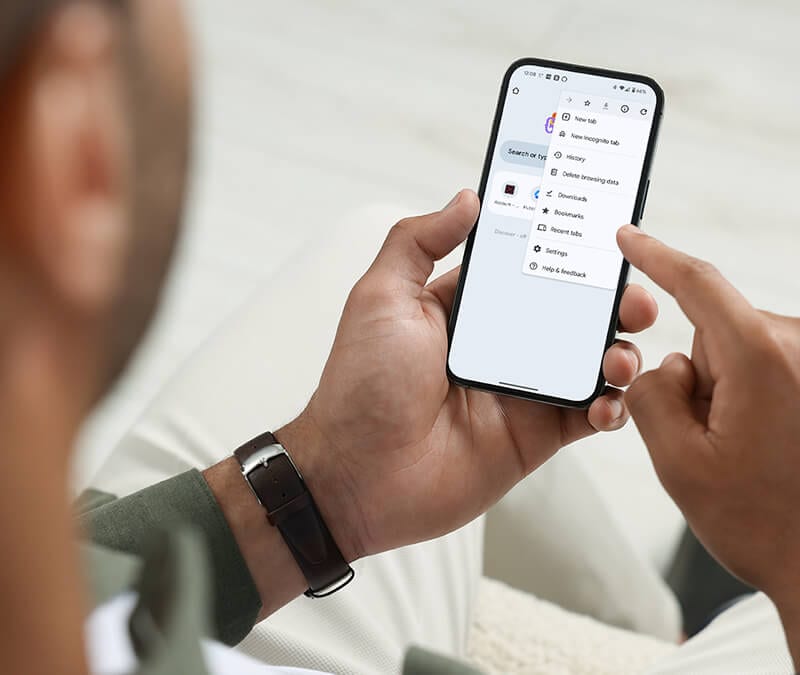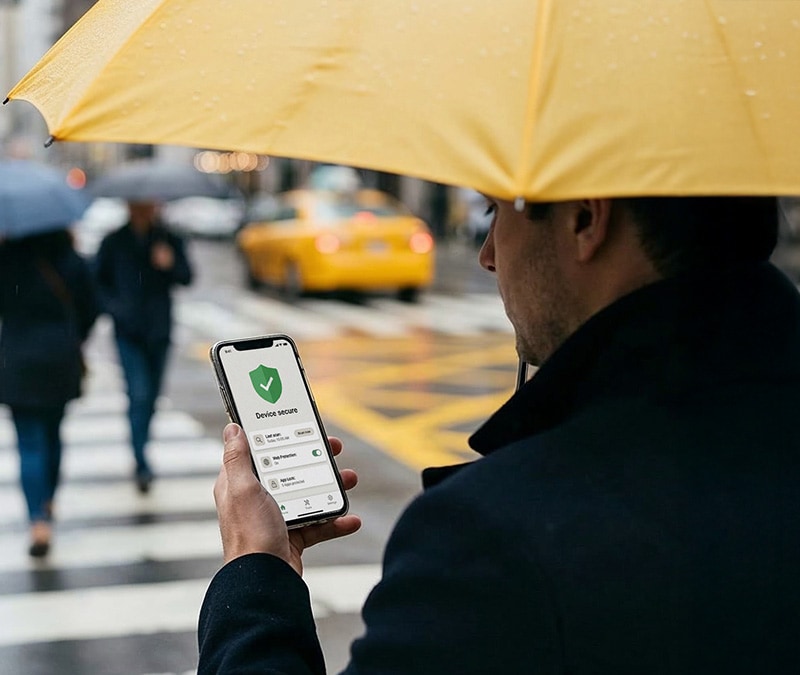What are bots?
Bots, or internet robots, are also known as spiders, crawlers, and web bots. Malware bots are defined as self-propagating malware that infects its host. Malware is delivered in download format via social media or email messages that advise clicking a link.

Bots, or Internet robots, are also known as spiders, crawlers, and web bots. While they may be utilized to perform repetitive jobs, such as indexing a search engine, they often come in the form of malware. Malware bots are used to gain total control over a computer.
The Good
One of the typical “good” bot uses is to gather information. Bots in such guises are called web crawlers. Another “good” use is automatic interaction with instant messaging, instant relay chat, or assorted other web interfaces. Dynamic interaction with websites is yet another way bots are used for positive purposes.
The Bad
Malicious bots are defined as self-propagating malware that infects its host and connects back to a central server(s). The server functions as a “command and control center” for a botnet, or a network of compromised computers and similar devices. Malicious bots have the “worm-like ability to self-propagate,” and can also:
- Gather passwords
- Log keystrokes
- Obtain financial information
- Relay spam
- Capture and analyze packets
- Launch DoS attacks
- Open back doors on the infected computer
- Exploit back doors opened by viruses and worms
Bots are usually used to infect large numbers of computers. These computers form a “botnet,” or a bot network.
Going Unnoticed
One of the many unfortunate things about malicious bots is the fact that they can easily go unnoticed. They hide in “the shadows” of a computer, and many times have file names and processes similar if not identical to regular system files/processes.
Download Tactics
The download method is one of the ways in which bots infect your computer. Malware is delivered in download format via social media or email messages that advise clicking a link. The link is often in picture or video form, with either containing viruses and other malware.
Scare Tactics
Another typical bot attack comes in the form of “scare tactics.” Many times a bot will appear as a warning saying that if you do not click on the associated link, your computer will get a virus. Clicking the link subsequently infects your computer with a virus.
Is Your Computer Infected?
Here are some of the many ways to tell if your computer is infected by bots:
- Internet access is slow for no apparent reason.
- The computer crashes for no apparent reason.
- The fan goes into overdrive when the device is idle.
- The computer takes a long time to shut down, or fails to shut down correctly.
- Pop-up windows and advertisements appear even when you aren’t using a web browser.
- Friends and family receive email messages you did not send.
- Computer programs are running slowly.
- Settings have changed, and there’s no way to reverse them.
- The browser features components you didn’t download.
How Do I Protect My Computer From Bots?
It’s very possible to protect your computer from bots, but it takes diligence and knowing what to look for. Use the following tips to keep your computer safe:
- Install smart firewalls to block malicious attacks and never turn them off.
- Use a long and complicated password that contains numbers and symbols.
- Never use the same password for multiple programs.
- Install quality anti-malware software such as Norton Security to protect your device.
- Ensure software is up to date, and never ignore system updates.
- Refrain from using flash drives, or thumb drives, in an infected computer.
How Do I Clean Up My Infected Computer?
If your computer is already infected by bots, protecting your data is the most important thing. Disconnect the computer from the network as soon as possible, which will halt the theft of sensitive information. It also prevents your computer from being used to attack other networks. The next step is moving all important/personal data to another computer or external hard drive—just make certain they’re malware-free first! Once this is complete, you’ll need to clean your computer using assorted security tools, or by having a professional work on the device.
Remember, prevention is the best medicine in regard to bots and all other malware. Stay up to date with your software, never click on anything suspicious, and utilize anti-malware techniques to the fullest extent.

Try Norton 360 FREE 7-Day Trial* - Includes Norton VPN
7 days of FREE* comprehensive antivirus, device security and online privacy with Norton VPN.
Join today. Cancel anytime.
*Terms Apply
Editorial note: Our articles provide educational information for you. Our offerings may not cover or protect against every type of crime, fraud, or threat we write about. Our goal is to increase awareness about Cyber Safety. Please review complete Terms during enrollment or setup. Remember that no one can prevent all identity theft or cybercrime, and that LifeLock does not monitor all transactions at all businesses. The Norton and LifeLock brands are part of Gen Digital Inc.





Want more?
Follow us for all the latest news, tips, and updates.